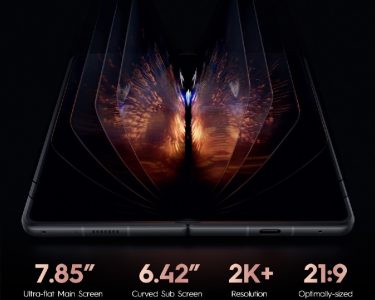It was just last month when Apple launched its latest smartphone lineup which consists of the iPhone 11, the iPhone 11 Pro and finally : the iPhone 11 Pro Max. If we take into account history – the iPhone 11 series represent the very first time where Apple reduced the starting price of a model upgrade. Even though the company introduced a secondary rear camera as well as a newer chipset, Apple decided to price the iPhone 11 for $699 – a price tag which is much lower when compared to the device’s predecessor : the iPhone XR which started at a price of $749.
According to reports, the reduction in price for the iPhone 11 has resulted in much better sale returns than what was initially expected – a direct consequence of the high demand that comes with the device as a result. This increased demand has led Apple to ask its suppliers to ramp up production for the device by upto eight million units. To put this number into focus – eight million represents Google’s annual smartphone shipment for the current year.
With reports being published, there was more good news for Apple as the company’s component manufacturers rose in Japan.
Must Read: Is the Samsung Galaxy Fold still not up to the mark?
Though with all that’s been going on, suppliers are indeed maintaining some caution as they are at the moment unsure whether or not Apple can sustain this surge in demand for an extended period or not. Of course, taking into consideration many factors, it would be difficult for Apple to maintain the current position that it finds itself in. This is especially true as the China tariff that Washington is supposed to put into effect is not that far away – the 15th of December. As a result of this, Apple will have pay a ten percent tariff on products which are imported from China.
Recent reports have also suggested that if such tariff ends up being imposed, the company plans to absorb it until it can negotiate a deal with the US government – or, if needed, move the production of iPhones to another country – however, this would obviously pose problems of its own. Apple is yet to confirm whether or not it will pass the tariff hike on to consumers with an increase in price – and if it does so, one would have to imagine that sales would see a downfall. And so the element of caution that suppliers bring with respect to the iPhones does make sense!
All in all though, Apple is quite optimistic that its iPhone 11 will do especially well. However, only time will tell whether or not the phone manages to reach the heights that were achieved by the iPhone X lineup that were released two years ago – as that particular lineup managed record sales.



